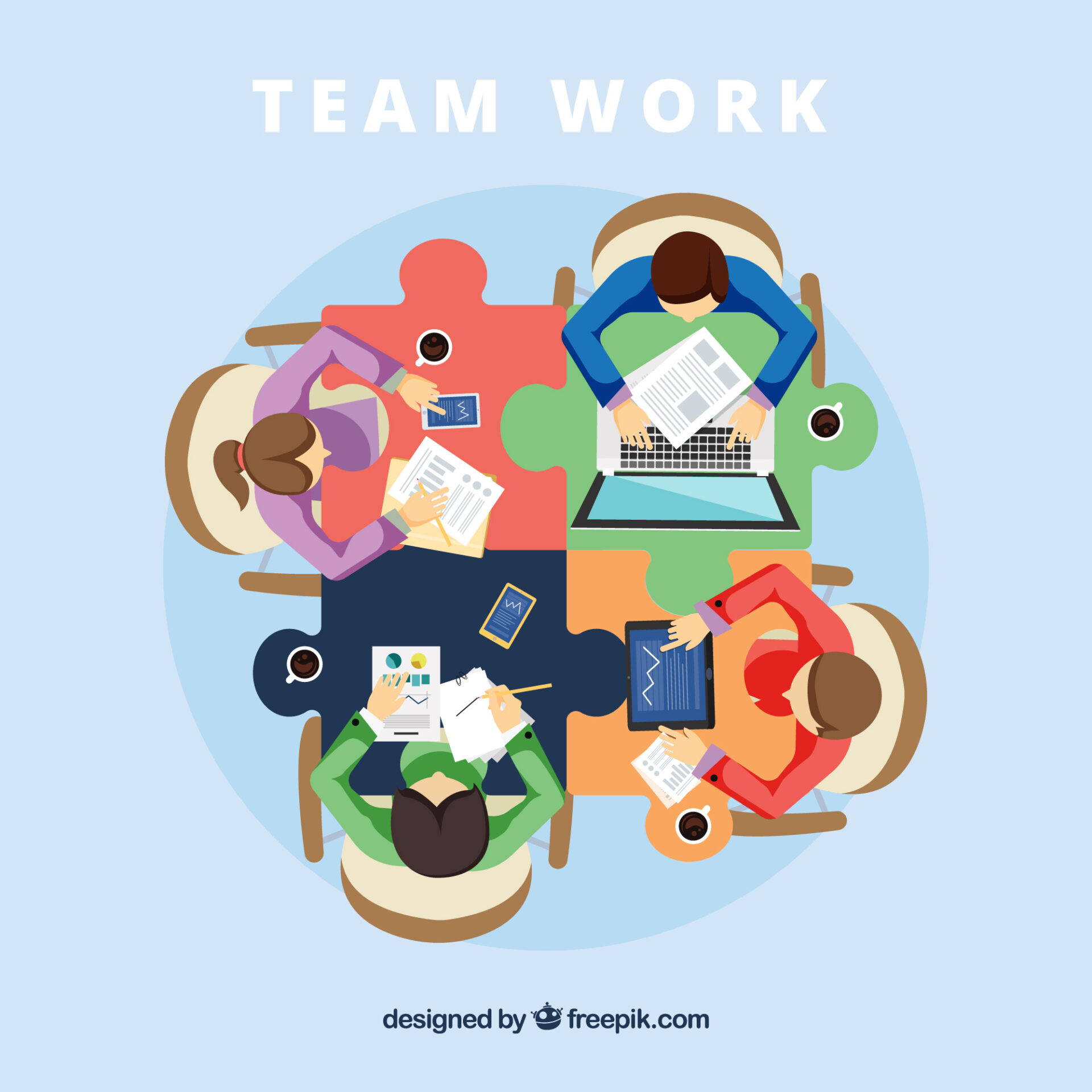In today’s rapidly evolving business landscape, Small and Medium Enterprises (SMEs) play a pivotal role in driving economic growth and innovation. However, their success hinges not only on financial viability and strategic planning but also on the establishment of a positive work culture. Positive work culture is more than just a buzzword; it is the intangible force that fuels motivation, employee engagement, and ultimately, business success. In this article, we will delve into the essential elements of creating a positive work culture in SMEs and explore how it contributes to overall organizational excellence.
Understanding Work Culture in SMEs
Work culture encompasses the shared values, beliefs, attitudes, and behaviors that shape the work environment within an organization. For SMEs, cultivating a positive work culture is crucial for attracting and retaining top talent, boosting productivity, and fostering innovation. While large corporations might have more resources to invest in various initiatives, SMEs can leverage their unique advantages to create a culture that is authentic, inclusive, and supportive.
- Clear Vision and Values: The foundation of a positive work culture lies in a clear and compelling vision for the company’s future. SMEs can articulate a strong mission statement and core values that resonate with employees and guide their actions. When everyone understands the company’s purpose and values, they feel a sense of belonging and are more likely to align their efforts toward shared goals.
- Leadership and Communication: Effective leadership is paramount in SMEs. Leaders should lead by example, fostering open communication, transparency, and approachability. Regular feedback, both constructive and positive, can motivate employees to continually improve and contribute to the company’s growth.
- Employee Well-being: Prioritizing employee well-being is a cornerstone of a positive work culture. SMEs can implement flexible work arrangements, wellness programs, and initiatives that promote a healthy work-life balance. When employees feel cared for and supported, they are more engaged, motivated, and likely to deliver their best.
- Recognition and Rewards: Acknowledging employees’ contributions and achievements goes a long way in boosting morale and job satisfaction. SMEs can implement recognition programs that highlight outstanding performance, teamwork, and innovation. Meaningful rewards, such as career growth opportunities and skill development, can further enhance employee motivation.
- Collaboration and Teamwork: Encouraging collaboration and teamwork fosters a sense of camaraderie and shared purpose. SMEs can create cross-functional teams, promote knowledge-sharing, and provide opportunities for employees to collaborate on projects beyond their regular responsibilities.
- Professional Development: Offering avenues for continuous learning and growth can significantly impact work culture. SMEs can invest in training, workshops, and mentorship programs that empower employees to enhance their skills and advance their careers within the organization.
- Diversity and Inclusion: Embracing diversity and inclusion creates a vibrant and dynamic work environment. SMEs can promote diversity in their hiring practices, provide equal opportunities for all employees, and create an atmosphere where diverse perspectives are valued and celebrated.
- Celebrating Milestones: Recognizing milestones, both big and small, reinforces a positive work culture. SMEs can celebrate achievements such as project completions, anniversaries, and company-wide successes. These celebrations foster a sense of unity and pride among employees.
In the competitive landscape of SMEs, a positive work culture serves as a powerful catalyst for success. It empowers employees, drives innovation, and contributes to a thriving and sustainable organization. By prioritizing values, effective leadership, employee well-being, recognition, collaboration, professional development, diversity, and celebration, SMEs can create an environment where employees are motivated to give their best and contribute to the company’s growth. As SMEs continue to shape the business world, a positive work culture becomes not just an aspiration, but a strategic imperative for lasting success.
